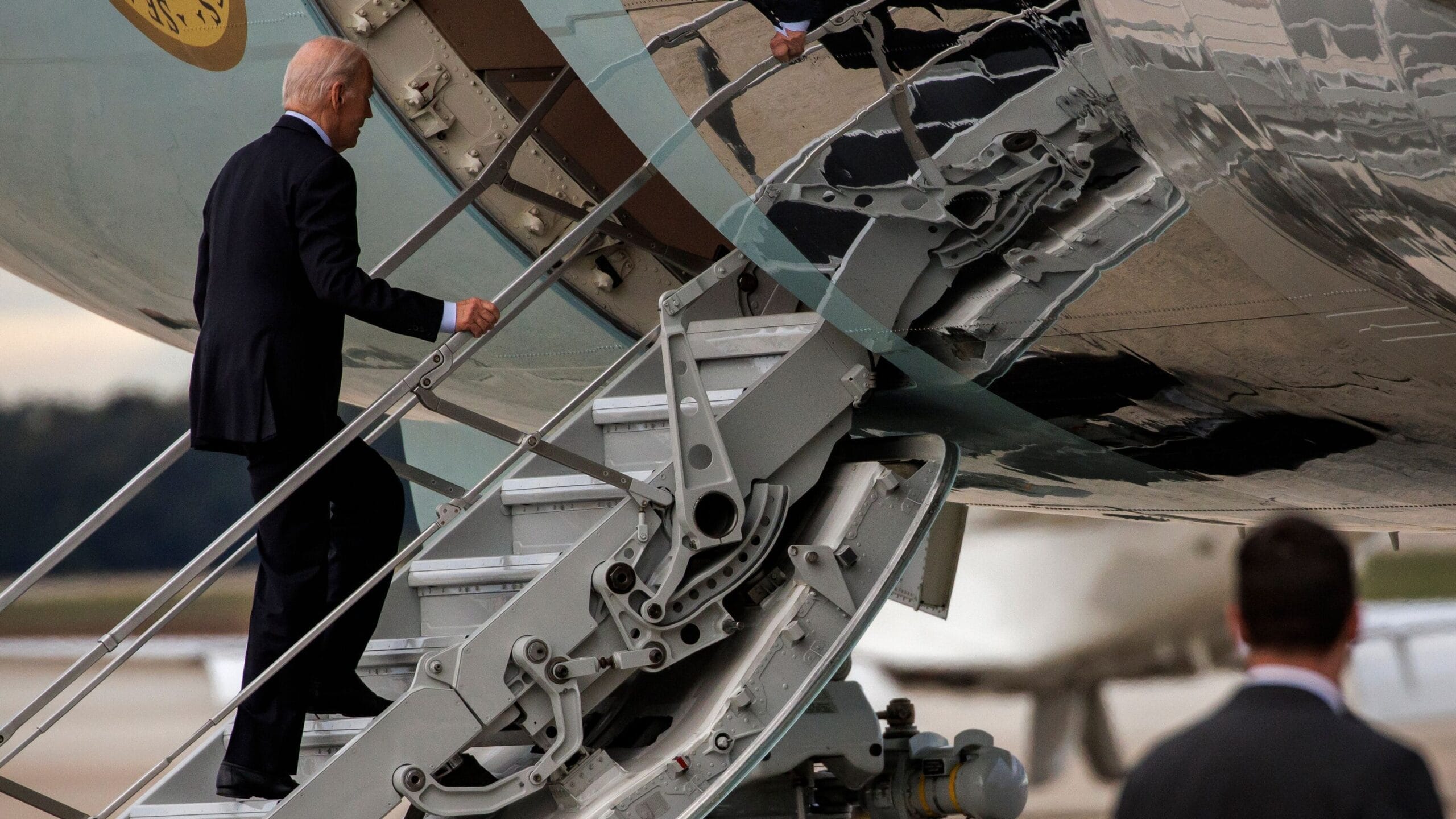In a bold diplomatic initiative, Ukrainian President Volodymyr Zelensky has put forth a proposal to exchange captured North Korean soldiers for Ukrainian military personnel currently detained in Russia. This unexpected offer comes at a time when the geopolitical landscape is fraught with tension, particularly in light of the ongoing conflict between Ukraine and Russia, as well as the strained relations between North Korea and the international community.
The proposal was made public during a press conference where President Zelensky outlined the rationale behind the exchange. He emphasized the humanitarian aspect of the situation, stating that the release of Ukrainian soldiers is a priority for his administration. By offering to return North Korean soldiers, Zelensky aims to facilitate a dialogue that could lead to the safe return of Ukrainian captives, many of whom have been held for extended periods under challenging conditions.
Zelensky’s offer is particularly noteworthy given the historical context of North Korea’s military involvement in international conflicts. The North Korean regime has been known to support various factions in global disputes, and its soldiers have occasionally found themselves in foreign theaters of war. The presence of North Korean soldiers in Ukraine, whether as combatants or in other capacities, adds a layer of complexity to the situation. It raises questions about the motivations behind their deployment and the potential ramifications of their return to North Korea.
The proposal has garnered attention from various international observers, who are keen to understand the implications of such an exchange. Analysts suggest that this move could serve multiple purposes for Ukraine. Firstly, it may strengthen Ukraine’s position in negotiations with Russia by demonstrating a willingness to engage in dialogue and seek resolutions through diplomatic channels. Secondly, it could enhance Zelensky’s standing domestically, as the return of Ukrainian soldiers is likely to resonate positively with the public and bolster support for his administration.
However, the proposal is not without its challenges. The North Korean government, led by Kim Jong-un, has historically been resistant to international pressure and has maintained a strict stance on issues related to its military personnel. The likelihood of North Korea agreeing to such an exchange remains uncertain, particularly given the regime’s focus on maintaining its sovereignty and control over its military assets. Additionally, the dynamics of the ongoing conflict between Ukraine and Russia complicate the situation further, as any agreement would require cooperation from both sides.
The international community is closely monitoring the developments surrounding this proposal. Countries with vested interests in the region, including the United States, South Korea, and Russia, are likely to weigh in on the potential consequences of such an exchange. The geopolitical ramifications could extend beyond the immediate parties involved, influencing broader discussions about military alliances, humanitarian efforts, and the future of international diplomacy.
In the context of the ongoing war in Ukraine, the exchange of soldiers is emblematic of the broader humanitarian crisis that has emerged as a result of the conflict. Thousands of soldiers and civilians have been captured or displaced, and the need for humanitarian solutions has never been more pressing. Zelensky’s proposal, while ambitious, underscores the importance of finding pathways to peace and reconciliation amid the chaos of war.
As discussions surrounding the proposal continue, it remains to be seen how both North Korea and Russia will respond. The potential for a successful exchange could pave the way for further negotiations and a more comprehensive approach to resolving the ongoing conflict in Ukraine. Conversely, a rejection of the proposal could signal a hardening of positions and a continuation of hostilities.
In conclusion, President Zelensky’s offer to exchange captured North Korean soldiers for Ukrainian soldiers held in Russia represents a significant diplomatic maneuver in a complex geopolitical landscape. While the proposal is rooted in humanitarian concerns, its success will depend on the willingness of all parties to engage in constructive dialogue and seek resolutions that prioritize the safety and well-being of those affected by the conflict. As the situation unfolds, the world watches closely, hopeful for a resolution that could bring relief to countless individuals caught in the crossfire of war.


